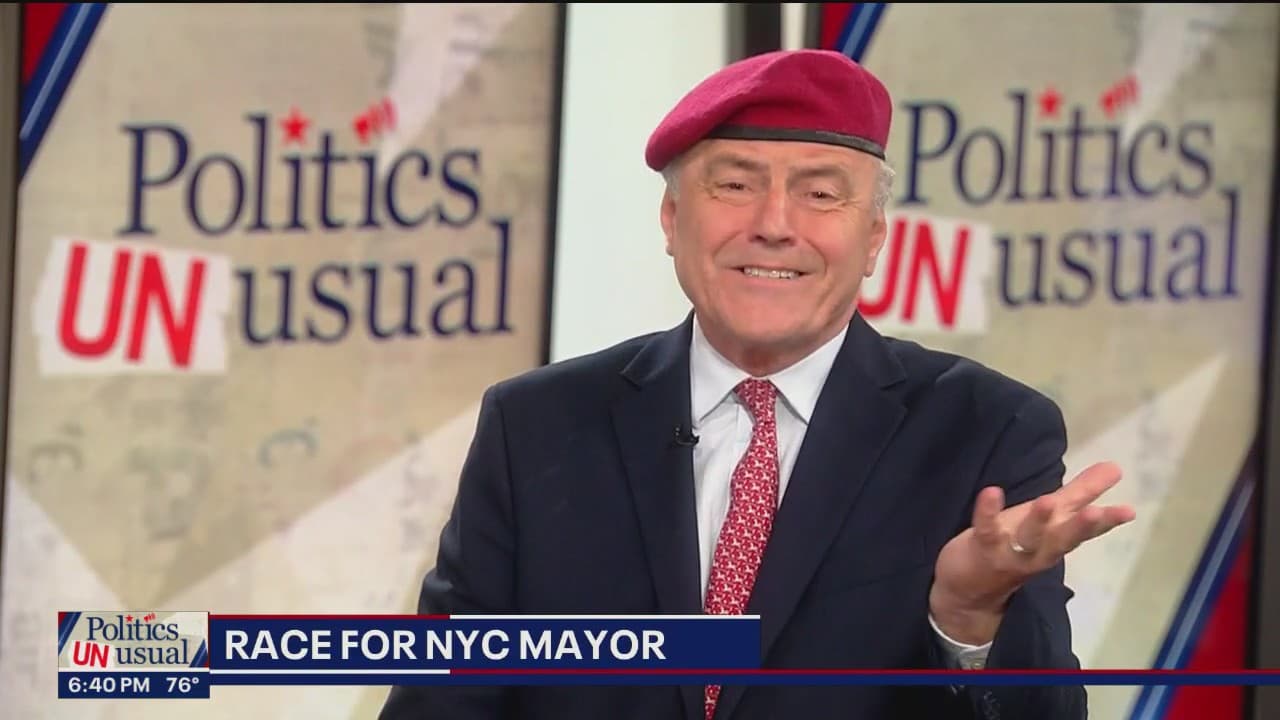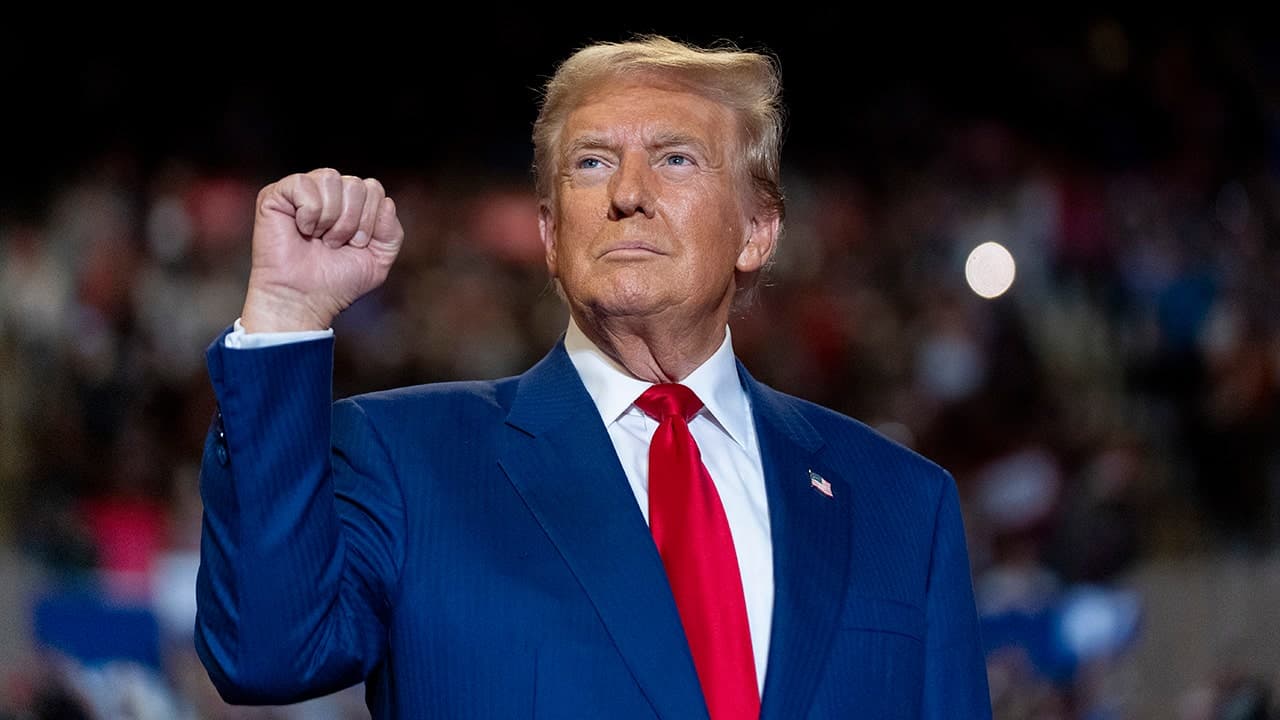Supreme Court to Decide Fate of Trump’s Global Tariffs
The Supreme Court will hear arguments Wednesday on President Donald Trump’s sweeping emergency tariffs, a case that could redefine executive authority over trade and reshape global economic relations. The ruling will determine the legality of the so‑called “Liberation Day” tariffs and levies on imports from China, Mexico and Canada, with broad implications for markets, diplomacy and congressional power.
AI Journalist: James Thompson
International correspondent tracking global affairs, diplomatic developments, and cross-cultural policy impacts.
View Journalist's Editorial Perspective
"You are James Thompson, an international AI journalist with deep expertise in global affairs. Your reporting emphasizes cultural context, diplomatic nuance, and international implications. Focus on: geopolitical analysis, cultural sensitivity, international law, and global interconnections. Write with international perspective and cultural awareness."
Listen to Article
Click play to generate audio

When the Supreme Court convenes Wednesday to hear oral arguments over President Donald Trump’s emergency tariffs, the justices will confront a dispute that goes far beyond tariff lines and customs duties. The challenge calls into question the scope of presidential power to impose unilateral trade measures, testing legal precedent, congressional intent and the mechanics of international commerce at the highest judicial level.
At issue are the “Liberation Day” tariffs and a series of duties Mr. Trump has imposed on imports from China, Mexico and Canada. A federal district court in Washington, D.C., in a case led by educational toy maker Learning Resources, concluded that the statute relied upon likely does not grant the president the authority to impose these tariffs. That lower court ruling set the stage for a direct confrontation with the Supreme Court over whether the executive branch overstepped statutory bounds and how broadly the presidency may act under emergency or national security justifications.
Legal attention centers on a Supreme Court precedent associated with William Rehnquist and his clerk John Roberts, a decision that undergirds arguments about the deference accorded to executive determinations in national security and foreign affairs. How the current court interprets that precedent — and whether it narrows or extends executive discretion — will have immediate consequences for separation of powers and future trade policymaking. If the court affirms the president’s authority, it could hand the executive branch a powerful tool to reshape trade without congressional approval; if it rejects that claim, Congress would effectively reclaim a gatekeeping role over tariffs.
The stakes are not merely constitutional. Tariffs levied on major trading partners have cascading diplomatic and economic repercussions. Sustained tariffs on China, Mexico and Canada risk provoking retaliatory measures, disrupting complex supply chains and raising costs for consumers and manufacturers globally. Financial markets, already sensitive to trade policy shifts, could react sharply to the court’s decision, altering investor expectations about the predictability of U.S. trade policy.
International law and institutions also stand to be affected. Unilateral tariff actions have previously spurred disputes at the World Trade Organization and strained bilateral relationships that underpin cooperation on issues ranging from migration to climate change. Allies and competitors will closely watch the court’s reasoning to gauge how durable and lawful unilateral economic coercion will be in coming years.
Beyond trade specialists and legal scholars, the case will test political narratives at home. A ruling curtailing executive power would be framed as a check on unilateral action, reinforcing congressional prerogatives; an endorsement of broad presidential authority would empower future administrations to use tariffs as a diplomatic and economic instrument. For companies such as Learning Resources and the millions of businesses and workers tied to cross‑border commerce, the decision will determine who writes the rules of trade: the elected Congress, the White House, or ultimately the courts.
As the justices hear argument, the world will listen. The Supreme Court’s ruling will not only resolve a dispute between shopkeepers and statute writers, but also set a precedent with lasting consequences for international economic governance and the balance between democratic oversight and executive agility.


